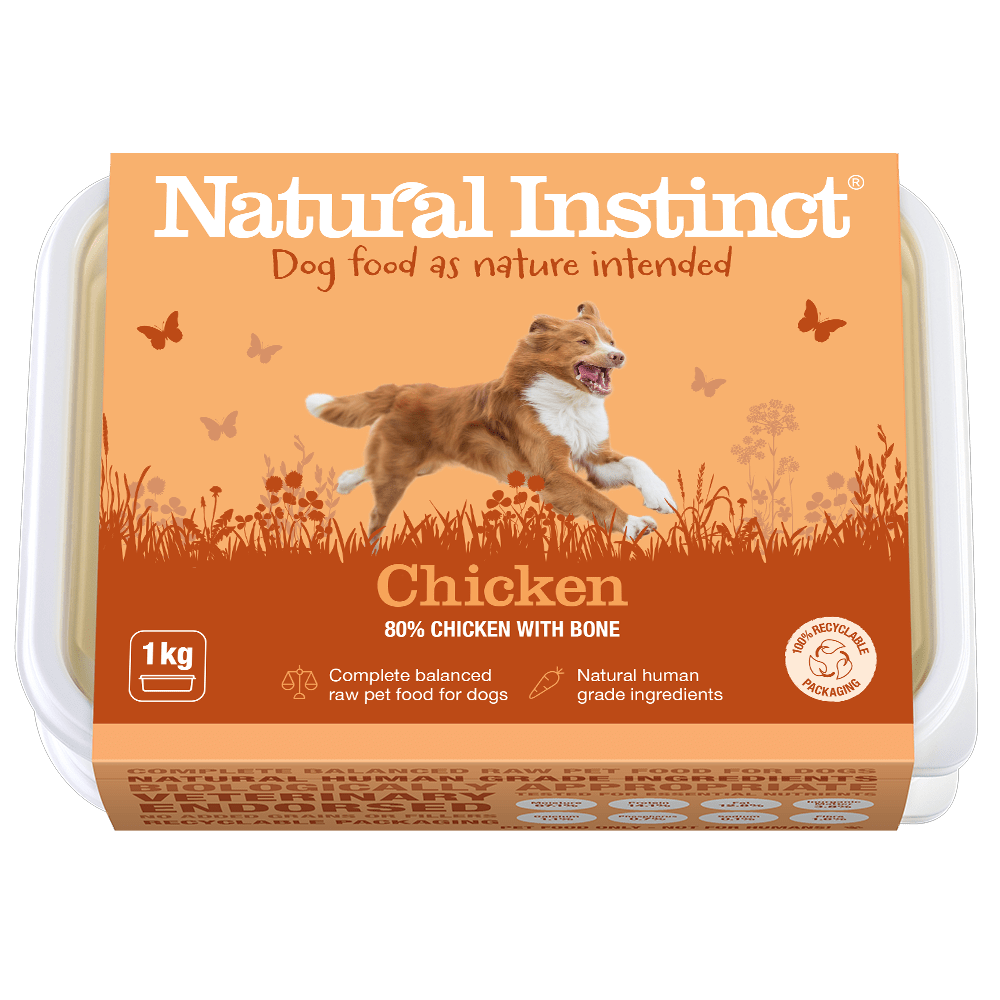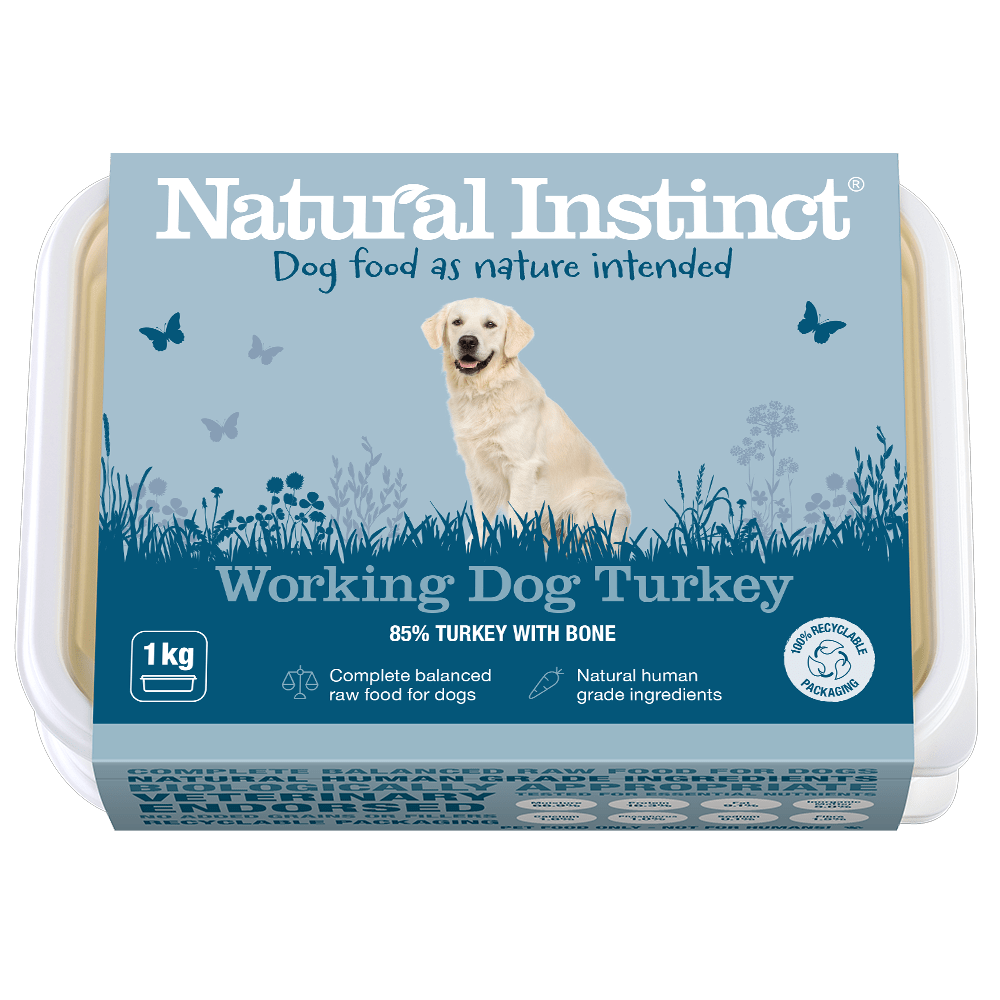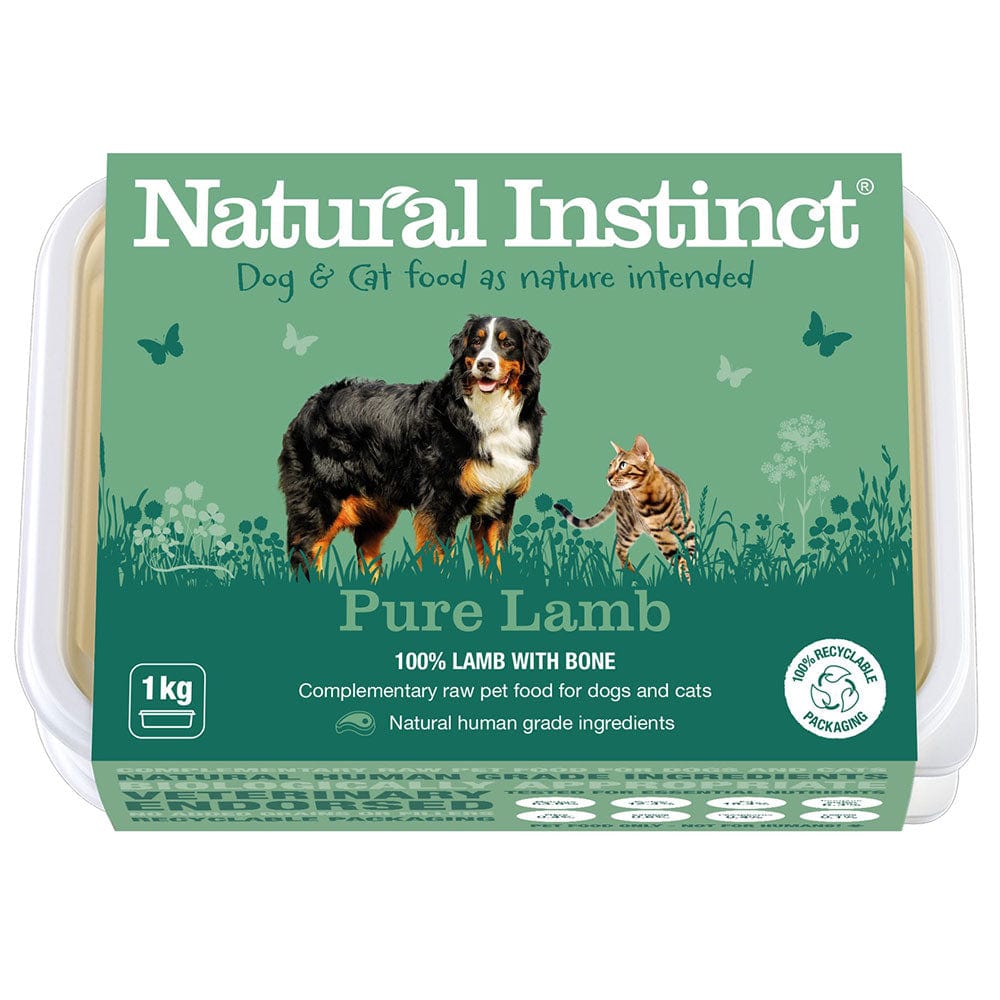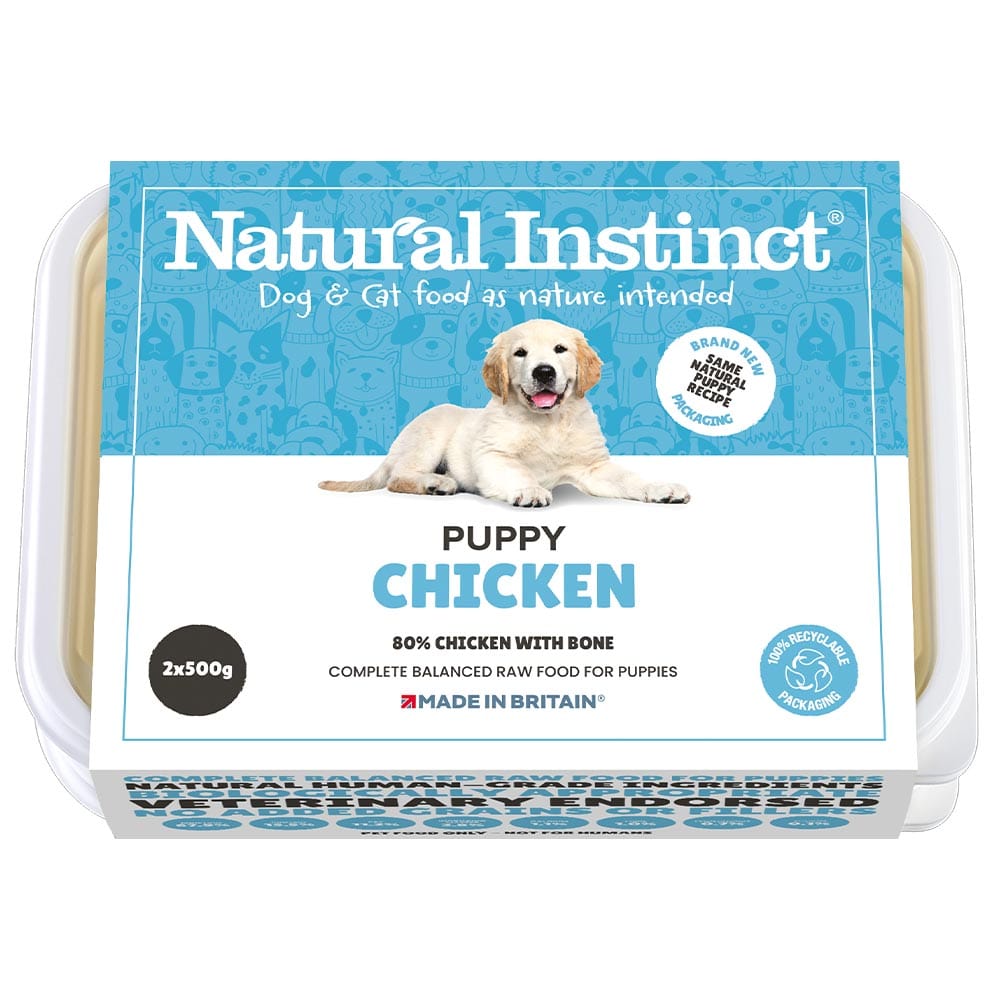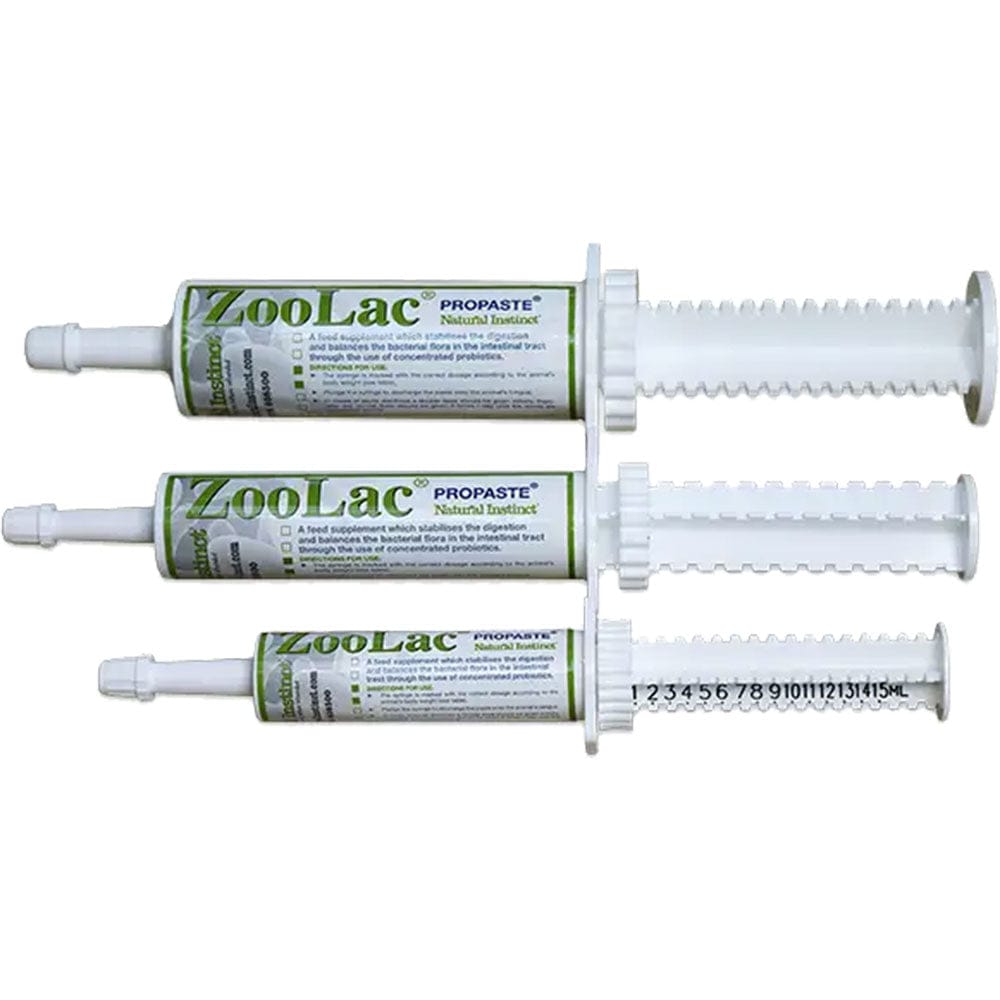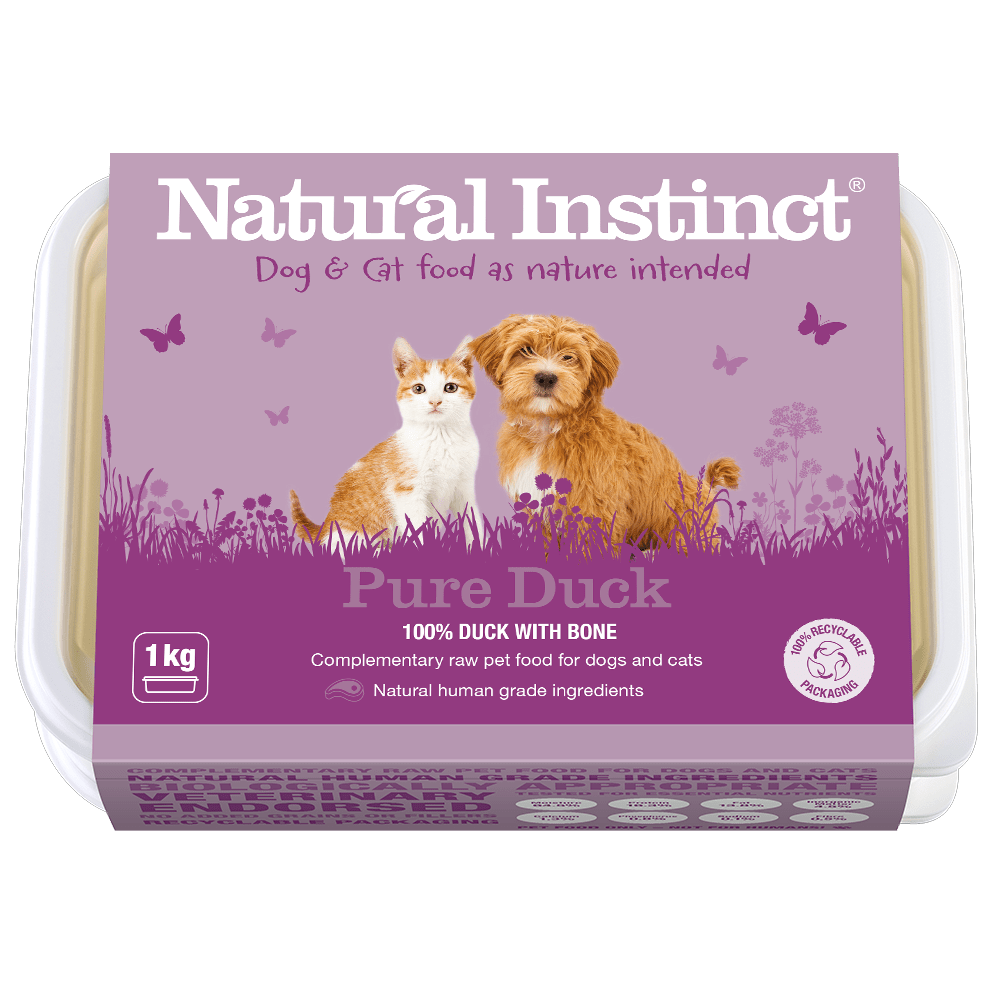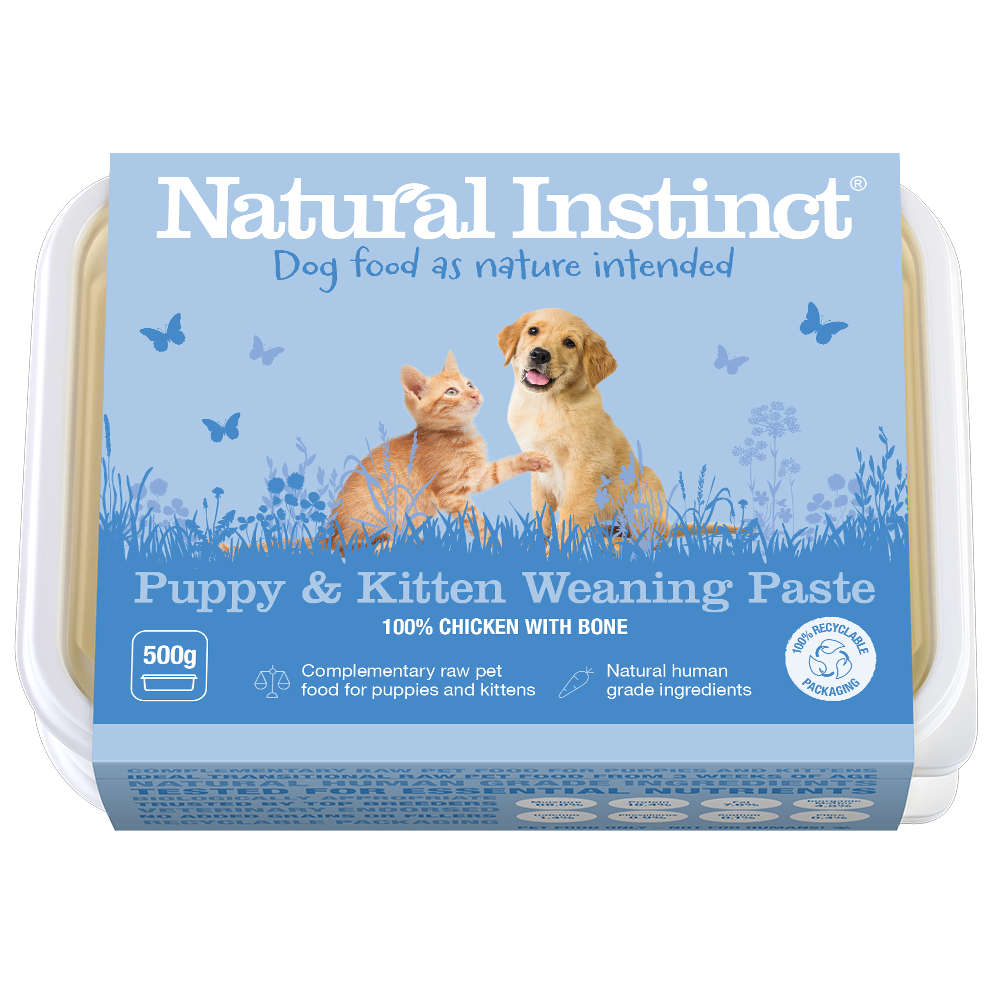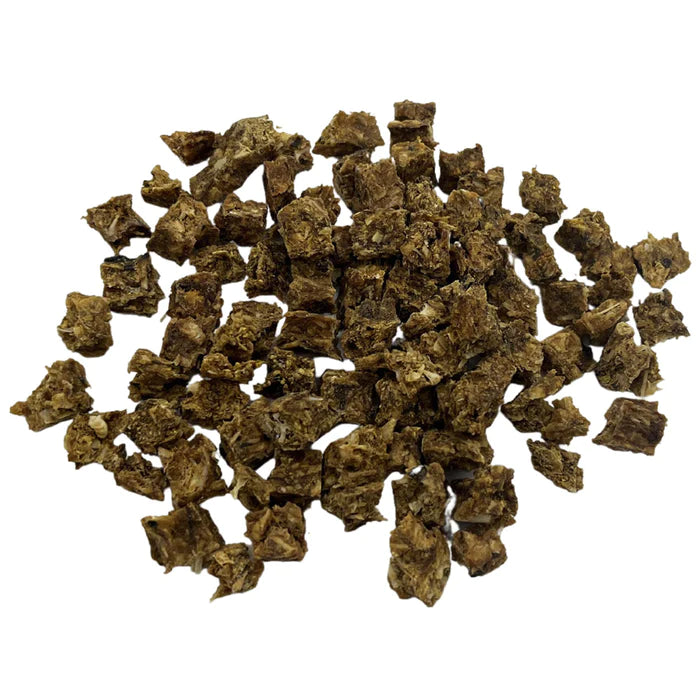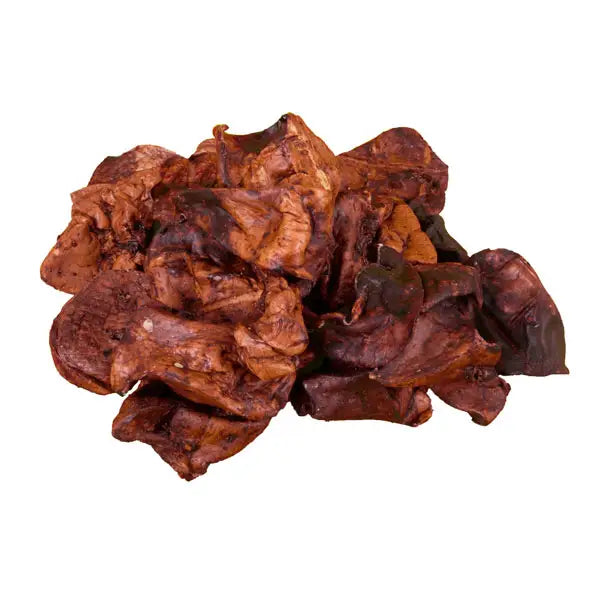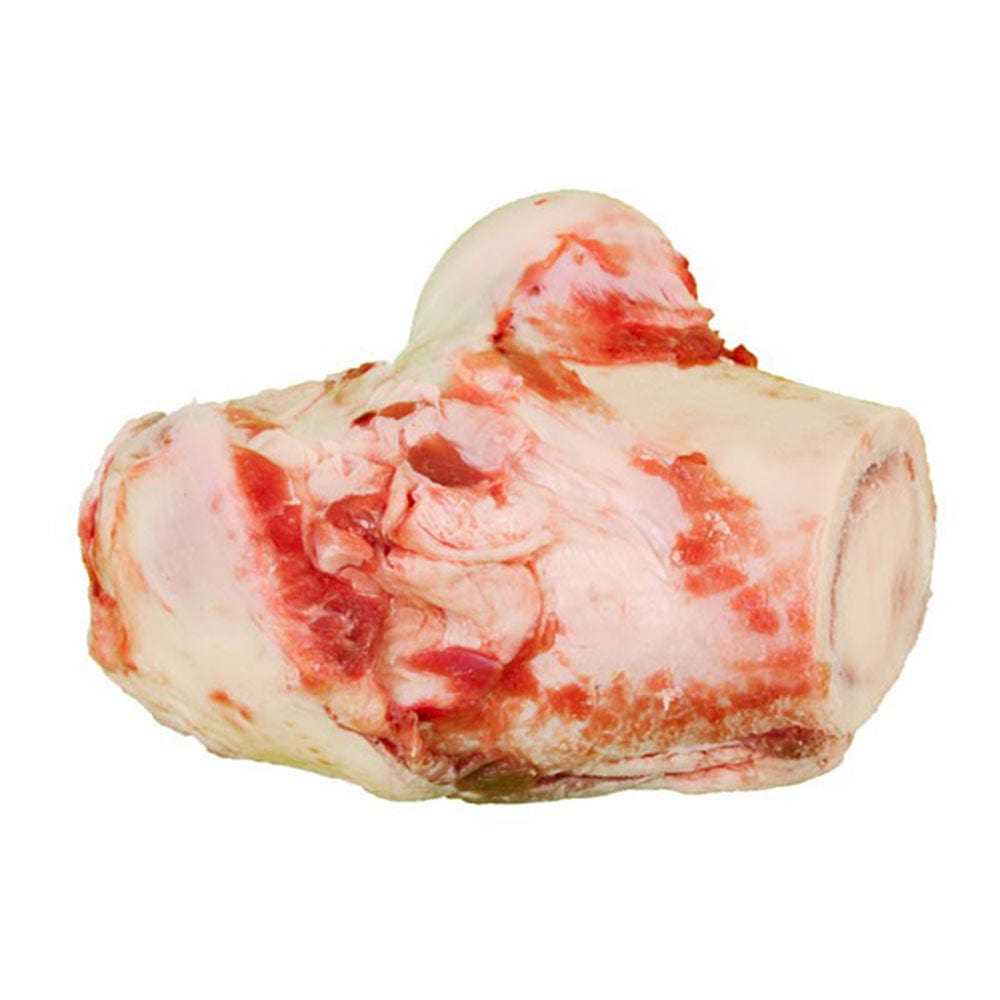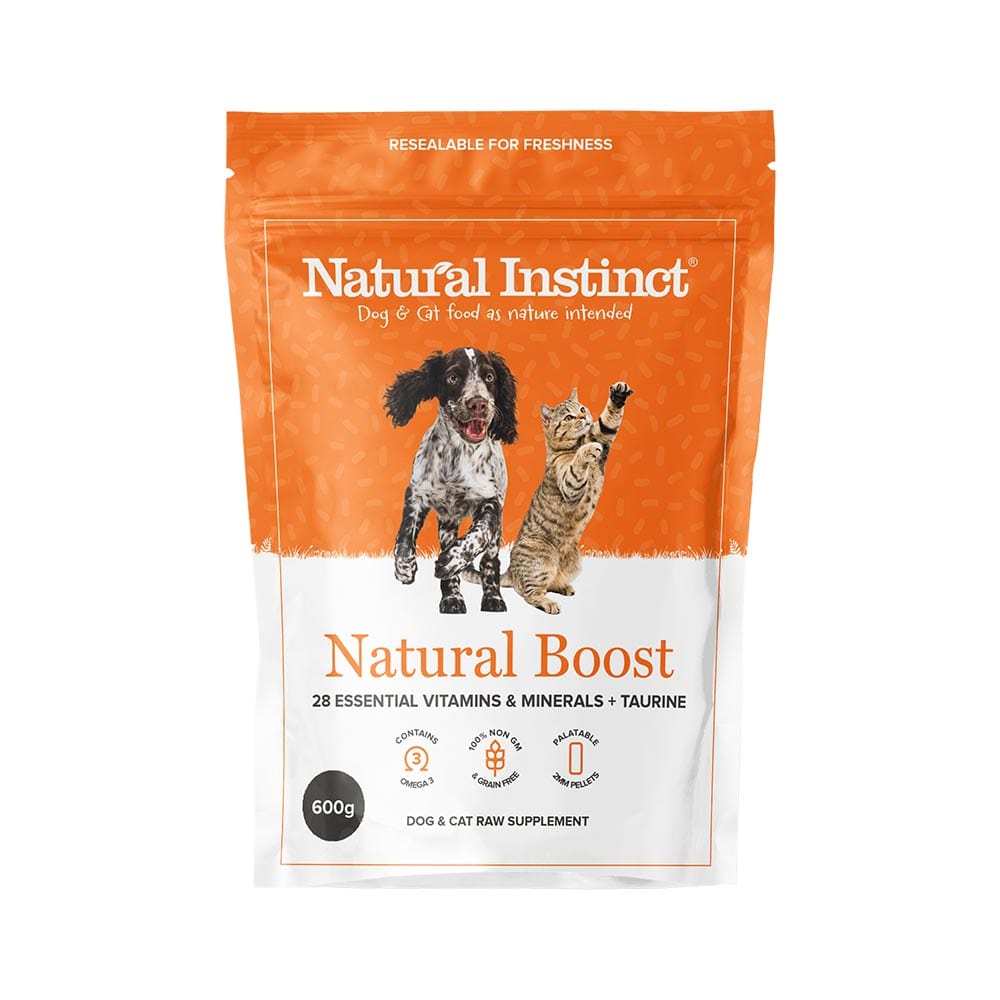Natural Instinct’s Canine Behaviourist, Kirsten Dillon, discusses how to ensure your dog stays safe this Christmas.
Christmas is the time to come together and eat, drink and be merry, which is precisely why the festive season can carry an increased risk to our dogs.
We tend to consume more alcohol than usual and eat foods that we may not normally eat, all the while leaving food in bowls around the house or hanging from trees!! How on earth are our dogs to know the difference between a china serving dish and their food bowl or know that whilst they can investigate every tree on the planet, they can’t interact with the one you bought into their home?
Therefore, employing a few simple management techniques is important whilst knowing what to look for and what to do if you suspect your pet has eaten something it shouldn’t. If you are away from home, make sure to locate your nearest emergency veterinary clinic and have the details to hand.
Below is a list of some of the foods that are potentially poisonous to your dog. We have deliberately not included the amounts that are toxic, as we simply cannot know each individual dog’s tolerance levels, and all suspected ingestion should be treated by a vet.
- Chocolate - the darker, the more toxic, with baking chocolate being the worst
- Macadamia nuts
- Christmas pudding and minced pies - grapes and dried vine fruits such as sultanas, raisins, currants etc.
- Stones, pips and seeds in fruit can contain arsenic and are toxic in large quantities
- Alcohol
- Nicotine - cigarette butts, patches and e-cigarette refills
Christmas plants are largely low in toxicity, but that is not to say that they won’t cause irritation, vomiting and diarrhoea – mistletoe, holly, ivy and Christmas trees should all be kept out of reach (especially if you have a stick-loving retriever).
Rawhide is a popular gift for pets as it can be fashioned into all sorts of novel shapes and designs. Rawhide is not classed as food and therefore is not subject to scrutiny in the manufacturing process. It is filled with potentially toxic chemicals and can cause dangerous blockages when chewing. Avoid rawhide at all costs and opt for a natural alternative such as lamb necks, tracheas, fish skins or bones.
Whilst decorations, wrapping paper, silica gel sachets and candles are not necessarily a high poison risk, they all have the ability to cause stomach upsets and potential intestinal blockages.
Common signs of poisoning are vomiting, diarrhoea, excess salivation, hyperactivity or lethargy, increased heart rate and even fitting. If you think your pet has eaten something they shouldn’t, call the Animal Poison Line on 01202 509000 immediately.
Christmas can be overwhelming and stressful for all concerned, so you must provide your dog with a safe haven to which they can retreat when needed. Use baby gates and crates to keep them away from harm when you can’t watch them and give them somewhere to eat their food in peace. Fill it with bones, chews or stuffed kongs, all of which provide stress-relieving opportunities and make sure people know to leave your dog alone when they are in there.
By Kirsten Dillon
Animal Behaviourist & Canine Specialist
